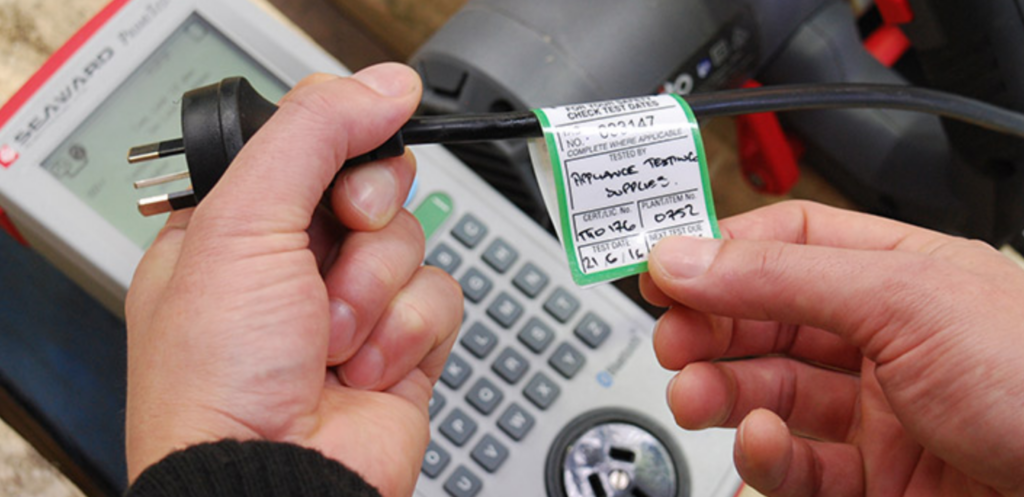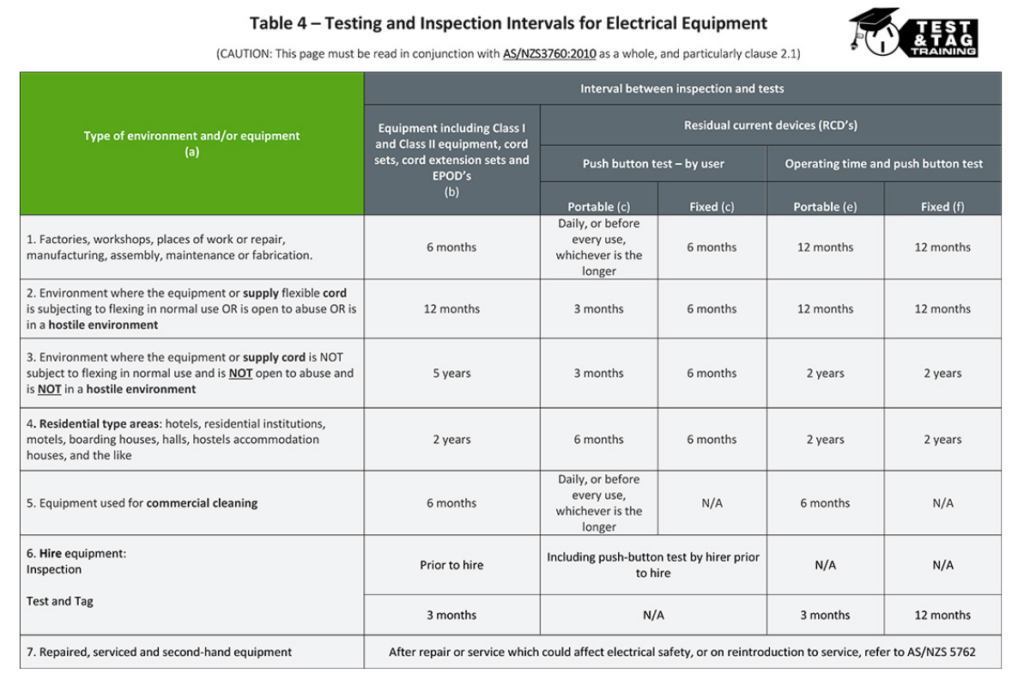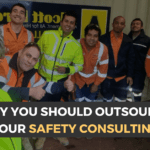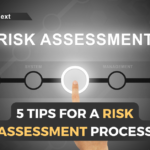You Know When Your Lead Is Safe When It’s “Tested-and-Tagged”

Test and Tag is one of the most vital parts of your business. It is necessary for following some basic procedures that are required by law to follow in order to maintain a safe workplace.
One wrong or false move and you could be facing a huge fine. However, with all these laws, rules and regulations regarding tests, tags and test equipment it can be an extremely tricky area to get your head around. Here are a list of common test and tag questions which will hopefully clear up any uncertainties you have surrounding regulations.
What is Test and Tag?
It is the name given to the process of checking the safety of portable electrical appliances. It involves two parts: first visually inspecting the appliance for any damage, followed by electrically testing it with a Portable Appliance Tester.
Source: https://www.testandtagtraining.com.au/what-is-test-and-tag

Why is it important?
Test and Tag regulations are based around protecting the people working with electrical appliances, which in the end will lead to less injuries and less money spent on making your workplace safe. An electrical accident can be costly, not only to your company but your employees as well.
Is Testing and Tagging mandatory?
The Work Health and Safety Regulation 2011 (the Regulation) prescribes mandatory testing and tagging for electrical power equipment used in an environment in which the normal use of electrical equipment exposes the operating conditions that are likely to result in damage or a reduction in its expected life span.
Source: https://www.worksafe.act.gov.au/health-and-safety-portal/managing-safety/electrical-equipment
These regulation exist so that you and your employees will be safe. If one of these incidents were caused by your negligence, then you could be held legally liable for injuries sustained or even the death of another person.
So, If you find yourself asking “is testing and tagging mandatory in your business,” then the answer is YES.
Who can test and tag electrical equipment?
There are two types of people that can do the test and tag for your business, a Licensed electrician or a ‘competent person’
A competent person is someone who has acquired – through training, qualification or experience – the knowledge and skills to carry out inspections and testing of electrical equipment. Someone who completed the New South Wales test and tag course.
The relevant Australian standards are:
- AS/NZS 3760: 2010 – In service safety inspection and testing of electrical equipment, outlines inspection, testing and tagging methods
- AS/NZS 3012: 2010 – Electrical installations – Construction and demolition sites,outlines regular inspection and testing requirements.
Source: https://www.safework.nsw.gov.au/hazards-a-z/electrical-and-power/electrical-inspection-and-testing
How Often Do You Need to Test and Tag?
In Australia, electrical appliance testing and tagging frequency is often referred to as intervals. These are guidelines that have emerged from the AS / NZS 3760 Standards. Below is a table indicating the testing and tagging frequency for different classes of environment and/or electrical equipments.
Source: AS/NZS 3760:2010 and SAI Global

Are your Leads Checked or Tagged?
If not, give us a call today. We can take are of this for you.
For more information about test and tag for your business, feel free to reach at 61 411 323 985.
You may also like

The Crucial Role of Safety Mentors in Ensuring Workplace Safety

Why You Should Outsource Your Safety Consulting

8 Most Important Responsibilities Of A PCBU!

